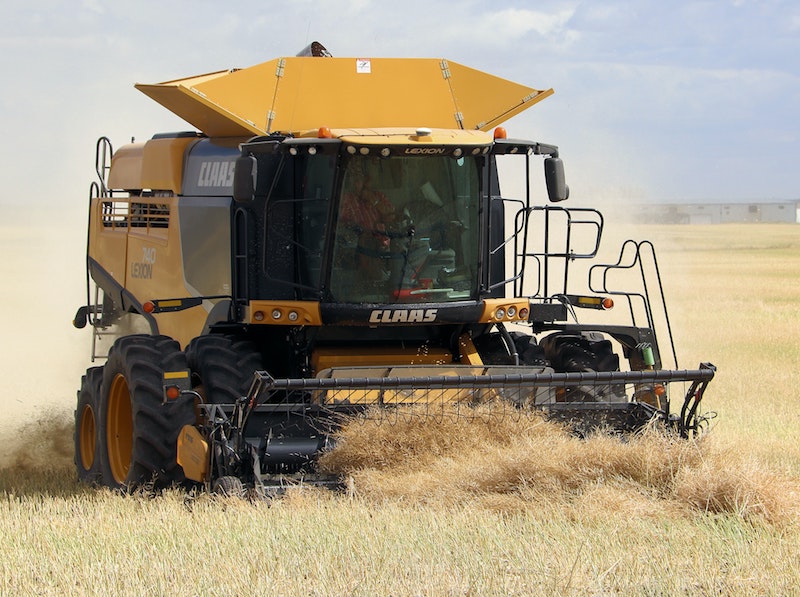American Farmers Lead the World. American Farmers feed the world.
When farm equipment parts fail, production suffers. And when production suffers, there can be serious consequences, as delicate food supply chains locally, regionally, nationally, or even globally are affected. Traditional farmers continuously modified and improved their own machinery; today's larger-scale agricultural operations demand a reliable partner who can innovate to scale.
Urick produces high-quality SG iron farm equipment parts for the agricultural equipment industry. Ductile iron castings are perfectly matched to withstand the relentless wear and tear of modern agricultural operations, maximizing the useful lifespan of agricultural equipment. That's peace of mind that American farms can grow with as they continue to feed the world.

WHY IS Ductile Iron the Ideal Material for Farm Equipment Parts?
It ELongates.
Spheroidal graphite iron bends before it breaks, withstanding the enormous pressures exerted by heavy machinery used in plowing, planting, and harvesting.
It's Strong.
Ductile iron castings — especially austempered ductile iron castings — offer similar or equivalent strength and hardness to steel, with greatly reduced final machining costs.
It's Customizable.
Urick Ductile Solutions utilizes highly specialized casting processes to create highly specialized farm equipment parts for highly specialized machines.
FREQUENTLY ASKED QUESTIONS
What farm equipment does Urick make ductile iron parts for?
Urick produces ductile iron farm equipment parts for a wide variety of agricultural machinery and vehicles including:
- Balers
- Chisels
- Combines/harvesters
- Harrows
- Offset disks
- Planters/seeders
- Plows
- Tractors
What are some examples of farm equipment parts Urick has manufactured?
Is ductile iron durable enough for my demanding farming operation?
Are ductile iron castings an inexpensive replacement for steel weldments and fabrications?
Don't see what you're looking for? Get in touch with us.


